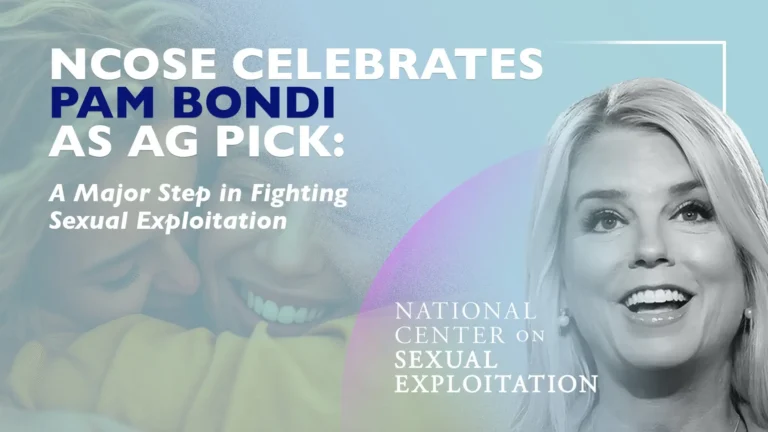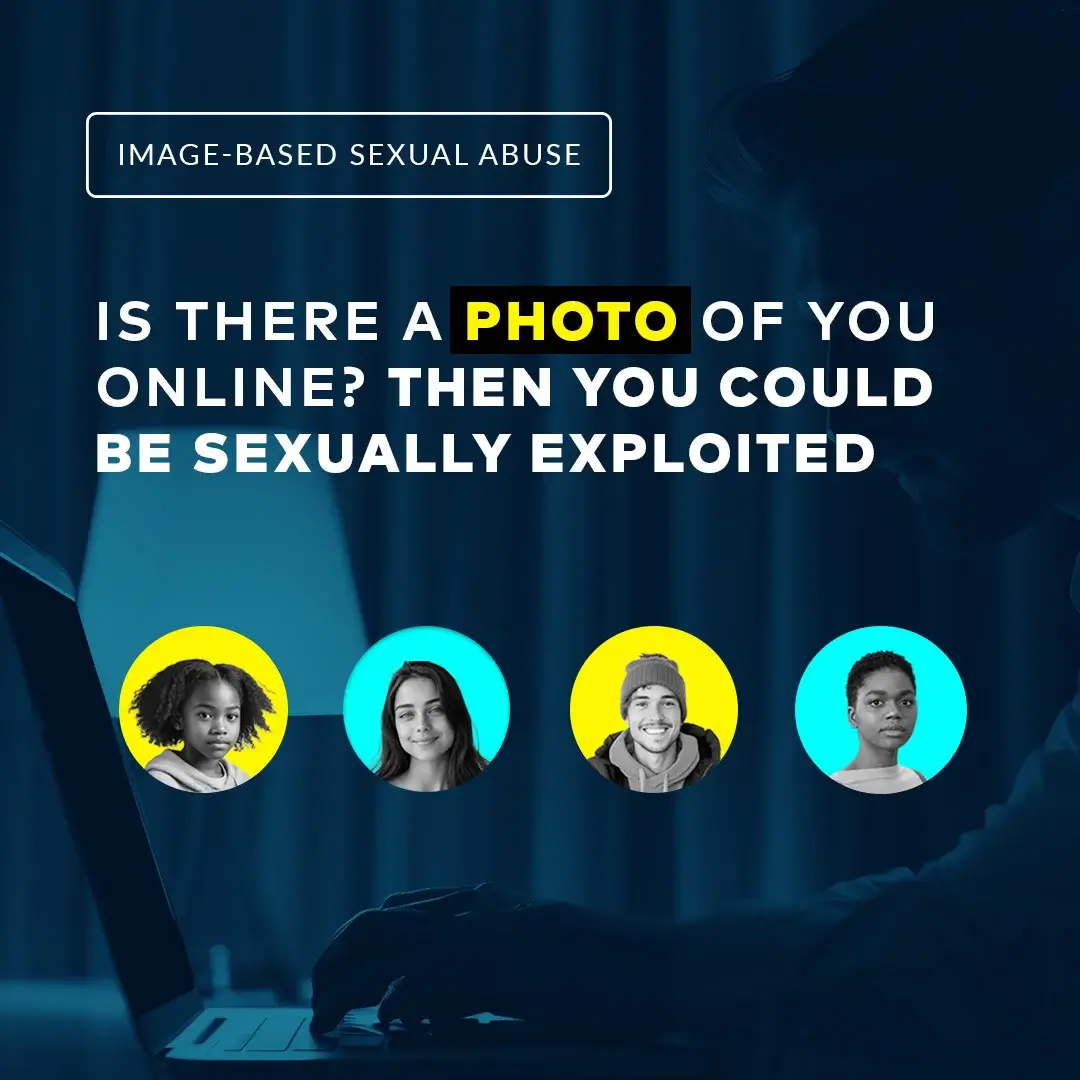Originally Published at Deseret News
By Erica Evans
Utah is having its own #MeToo moment. Using a trending hashtag that surfaced in June, hundreds of Utah social media users have shared their personal stories of sexual assault and the names of their alleged abusers.
The hashtag is empowering mostly Generation Z survivors to speak out about their experiences, shed the shame associated with sexual assault and find healing.
While supporters of the Utah hashtag say users are bravely taking justice into their own hands, critics say it’s just a form of online vigilantism.
Considering the potential for negative outcomes whether someone reports an assault to police or posts about it on the internet, victims often feel stuck with no good options for recourse, said Jake Roberson, director of communications for the National Center on Sexual Exploitation, an advocacy organization based in Washington, D.C.
“You have a generation that has been raised from a younger age with social media and these opportunities to speak out,” said Roberson. He added that Gen Z is hearing complex and nuanced narratives regarding police and other institutions that previous generations had more trust in.
“It can lead us to a sense of feeling like: In a world of options I don’t trust, at least on social media, I have a little control over how I’m presenting the narrative,” Roberson said.
“Social media platforms should neither permit nor be unaccountable for the high-tech branding of innocent people,” he said. “Twitter is no substitute for our country’s system of justice.”
“We’ve certainly seen it in a variety of instances — #MeToo being very pertinent to this example — and other sorts of movements that have spun up through hashtags, that when people are sharing their stories collectively online, there’s been a lot of positive change that has come from it,” said Roberson. “There’s also been times where it’s been negative for both the victim-survivor, getting attacked and trolled in ways they didn’t anticipate, and the wrongly accused.”
Roberson says the long-term impact of social media trends like these is yet to be seen.
“These are such new phenomena,” Roberson said. “But we’ve certainly seen the potential for good.
Ultimately, Roberson says the solution to the pervasive problem of sexual assault must be bigger than law enforcement or social media alone.
“We must look at how legislatively we can shape policies that prevent these crimes in the first place and then offer better avenues of support when they do occur. It’s more complex. Law enforcement is not going to solve it on its own, neither is social media. We have to take a step back and look at our systems,” Roberson said.



